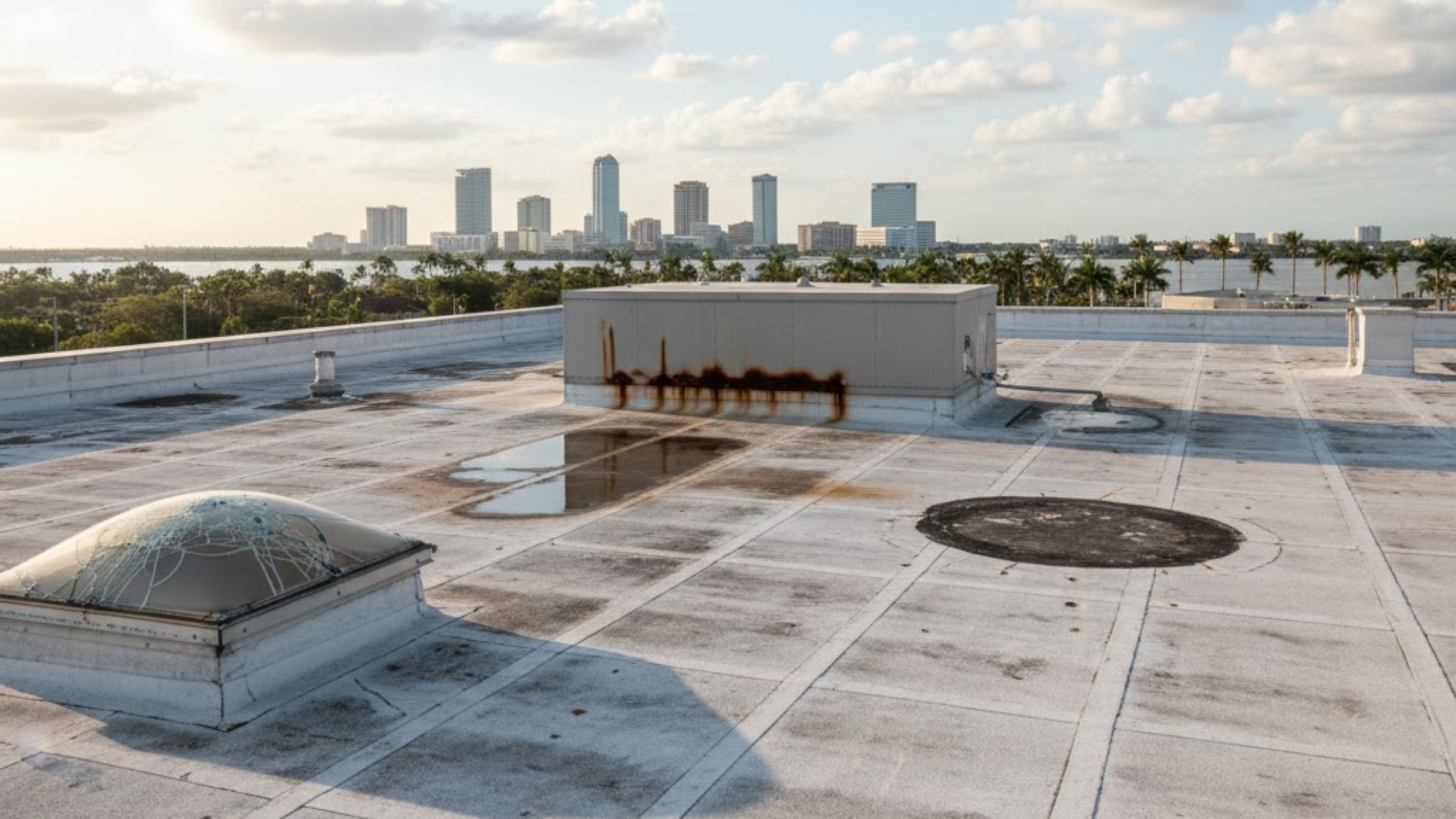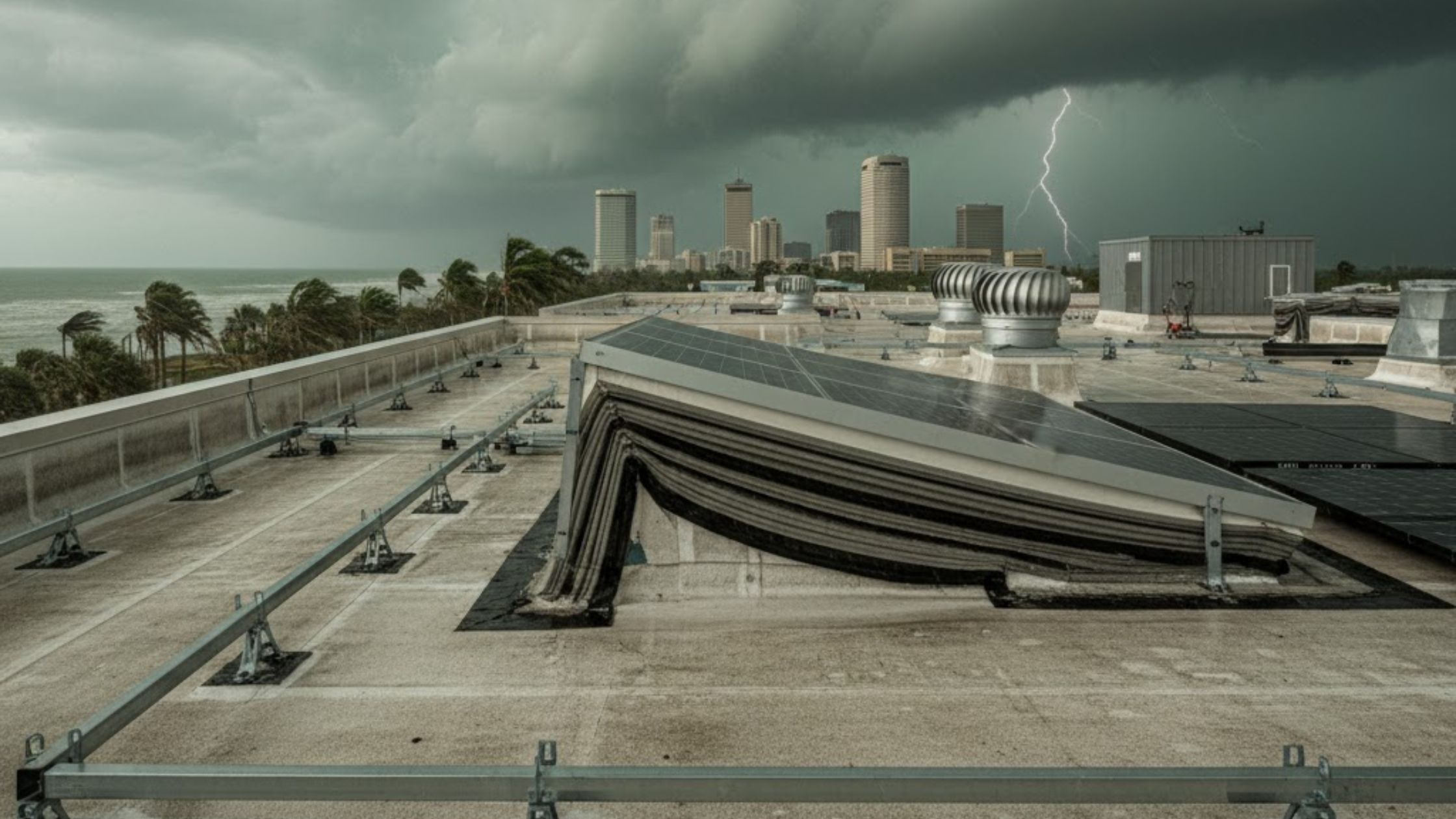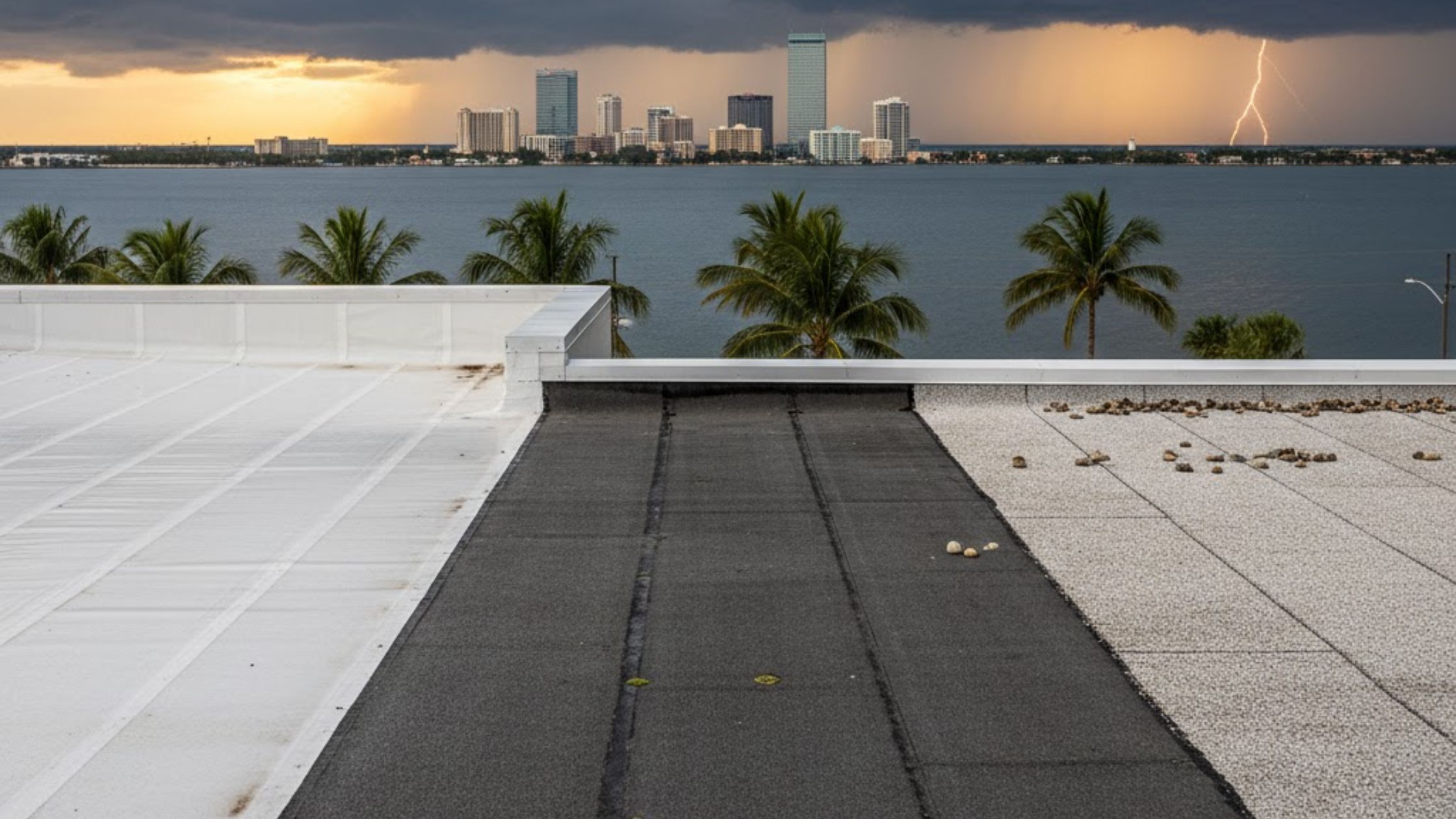How Do You Choose the Right Commercial Roofer in Clearwater?
Choosing the right commercial roofer in Clearwater? Learn key factors, red flags & expert tips to avoid costly mistakes. Hire with confidence—start now!
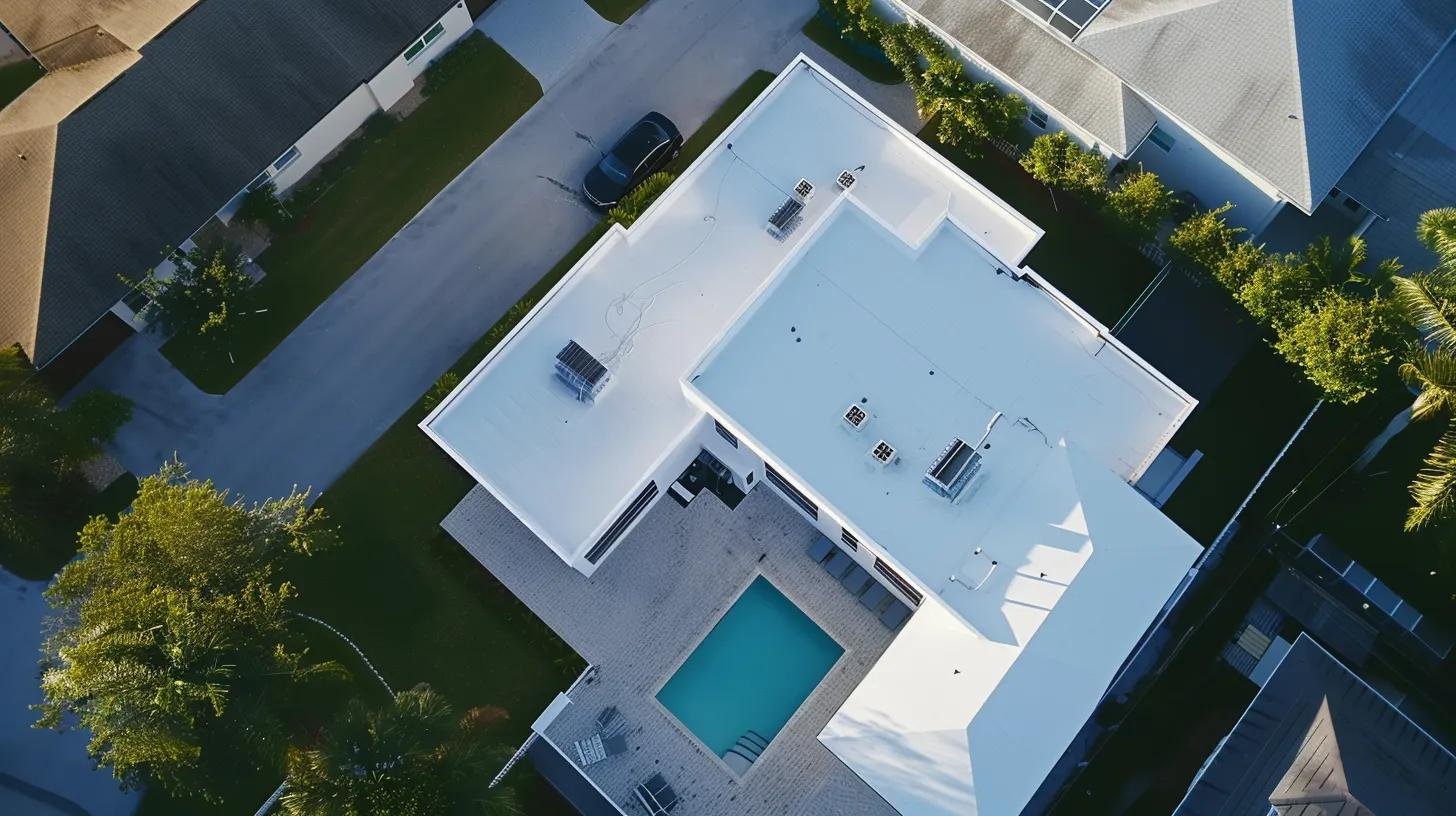
Selecting the perfect commercial roofer can feel overwhelming. As someone who’s navigated Clearwater’s roofing landscape for years, I understand the stakes: protecting assets, ensuring safety, and maximizing budget. In this guide, I’ll walk you step by step through the process, sharing insights on contractor credentials, material choices, local reputation, cost considerations, and maintenance strategies. By the end, you’ll have a clear roadmap to confidently choose the right partner for your commercial roofing clearwater project.
Understanding Your Commercial Roofing Needs
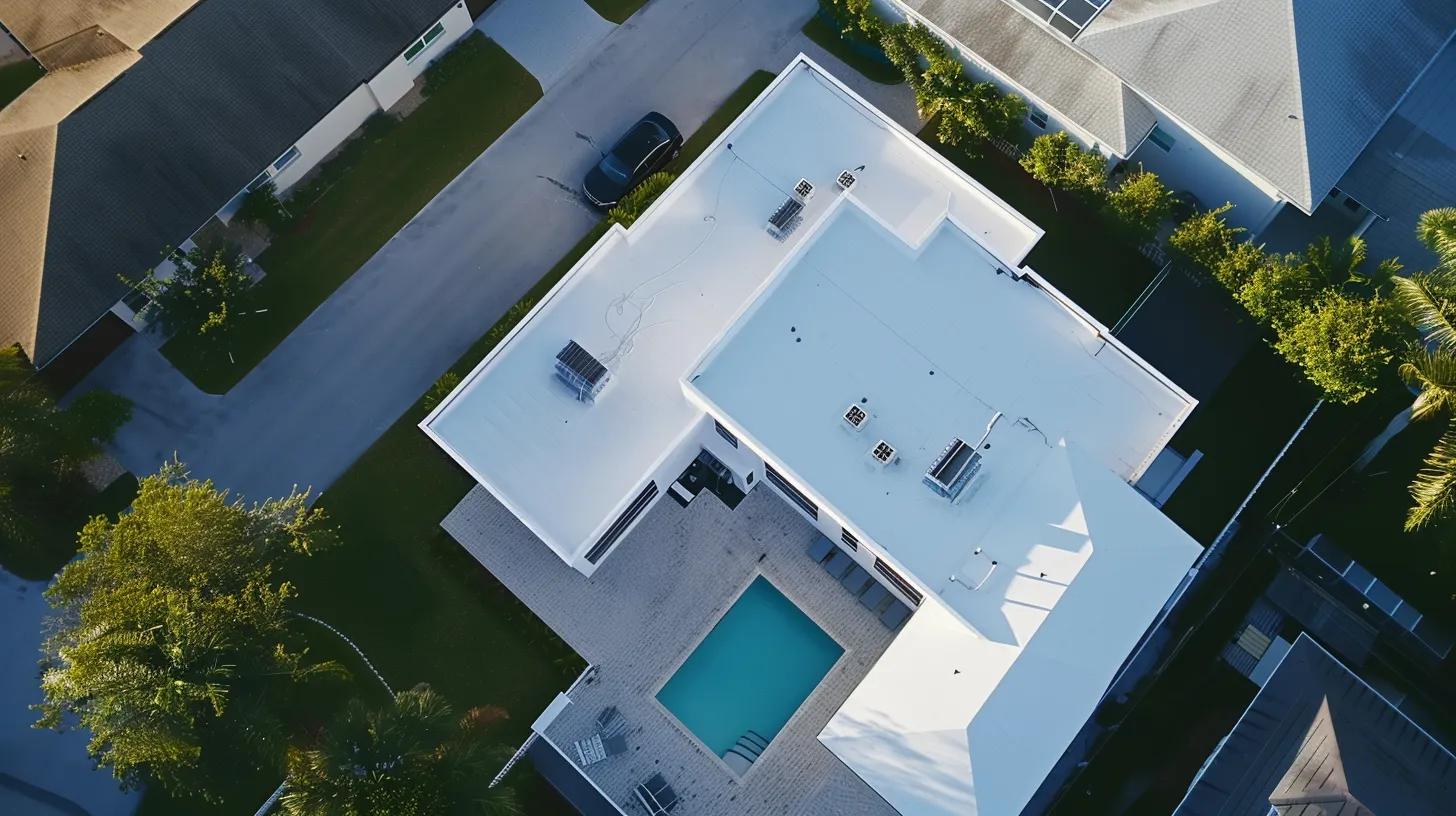
Assessing Your Building’s Characteristics
Every commercial property has unique demands. From low-slope office complexes to large-scale warehouses, roof pitch, square footage, and building use dictate material performance and installation techniques. I begin by surveying roof layout, drainage paths, and any existing damage. This firsthand assessment reveals whether a repair, restoration, or full replacement best suits your site.
Factoring in Clearwater’s Climate
Clearwater’s coastal environment poses challenges: intense sun, heavy rain, and occasional hurricane-force winds. UV exposure accelerates membrane degradation, while salt-laden air can corrode metal. Overlooking these factors leads to premature wear and costly callbacks. My approach always integrates climate-resilient designs and product warranties tailored for our region.
Evaluating Contractor Credentials
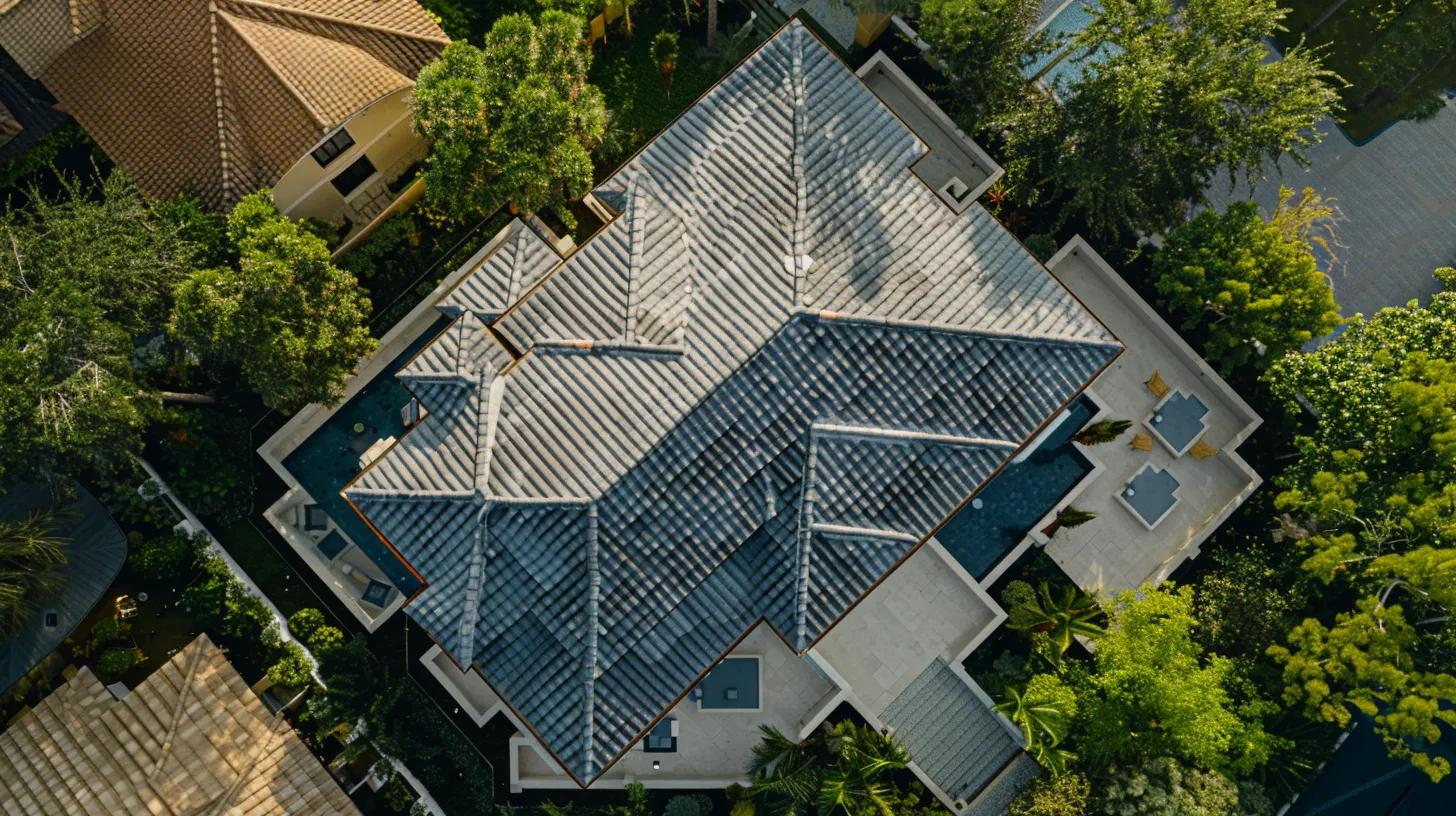
Verifying Licensing and Insurance
A contractor’s license confirms they meet state standards for commercial roofing work. Insurance—general liability and workers’ compensation—protects you against on-the-job accidents or property damage. I never start a project without reviewing up-to-date certificates, DBPR license records, and proof of bonding. This diligence safeguards your investment and ensures compliance.
Emphasizing OSHA Compliance and Safety Programs
Commercial roofing can be hazardous. I prioritize roofers who follow OSHA regulations, use proper fall protection, and document safety protocols. A comprehensive safety program minimizes injury risk and project delays. When I engage a contractor, I ask to see their safety manual, training records, and site-specific safety plans.
Comparing Material Options
Flat and Low-Slope Roofing Systems
Flat roofs dominate most commercial buildings. Common membranes include EPDM (rubber), TPO (thermoplastic), and PVC. Each offers distinct benefits:
1. EPDM excels in UV resistance and cost efficiency.
2. TPO provides high reflectivity to reduce cooling loads.
3. PVC brings exceptional chemical and fire resistance.
Mixed-membrane or multi-layer assemblies can optimize performance. I analyze expected lifespan, energy savings, and maintenance needs to recommend the best fit.
In some projects, I integrate a Durable Commercial Roofing Materials guide early in specs to ensure clients understand long-term benefits of premium membranes and cover board options.
Metal Roofing Solutions
Standing-seam metal roofs deliver strength, longevity, and wind resistance. Ideal for sloped commercial structures, metal panels shed water quickly and tolerate thermal expansion. I look for paint finishes with Kynar coatings that retain color and resist chalking. For clients seeking a sleek profile and low-maintenance design, metal often emerges as the top choice.
Local Expertise and Reputation
Checking Reviews and Testimonials
Online reviews on Google, BBB, and industry forums reveal consistent performance patterns. I dig into detailed feedback: punctuality, communication, cleanup, and warranty follow-through. When I vet roofers, I call past clients to verify project complexity, schedule adherence, and any unexpected challenges. This qualitative research uncovers insights that star ratings alone can’t provide.
Seeking References and Case Studies
A seasoned commercial roofer will gladly share case studies of similar projects. I request photos, building specs, membrane brands used, and warranty lengths. Reviewing these real-world examples confirms a contractor’s capacity to handle my project’s scale and technical requirements. It also helps me spot innovative solutions they’ve employed under comparable conditions.
In addition to public feedback, I conduct a Clearwater Businesses Commercial Roofs Inspection to benchmark industry standards and identify roofers with consistently high maintenance outcomes.
Budgeting and Financing

Estimating Total Project Costs
A comprehensive estimate breaks down labor, materials, permits, equipment rentals, and disposal fees. I compare multiple bids to ensure apples-to-apples pricing. Beware of quotes that exclude permit costs or remove warranties to lower initial price. My preferred contractors present transparent proposals detailing scope, schedule, and payment milestones.
Exploring Financing and Insurance Claim Support
Major roof replacements can strain budgets. Many top firms offer financing options—zero-interest periods, flexible payment plans, or deferred billing. Additionally, if storm damage triggers an insurance claim, a knowledgeable roofer can guide documentation, damage assessment, and direct billing. Leveraging these services simplifies project funding and reduces out-of-pocket expenses.
When cost becomes a deciding factor, I always refer to a Cost of Commercial Roofing Services in Clearwater analysis to weigh minor savings against long-term performance risks.
Maintenance and Long-Term Care
Scheduling Routine Inspections
Regular inspections catch minor issues before they escalate. I recommend biannual roof walks—spring and fall—to examine seams, flashings, drains, and membrane integrity. Documenting changes over time uncovers trends like ponding water spots or gradual membrane shrinkage. Armed with this data, I plan targeted repairs to extend roof service life.
Addressing Repair Signs Promptly
Ignoring early warning signs—blistering membranes, loose flashings, clogged drains—invites leaks and structural damage. At the first sign of deterioration, I deploy a qualified crew to troubleshoot and implement fixes. Preventive patchwork and sealant application often cost a fraction of full-scale repairs.
To help building managers recognize issues, I highlight key Commercial Roof Repair Signs in maintenance workshops and site reports, ensuring swift action when trouble arises.
Specialized Considerations
Gutter and Drainage Systems
Proper drainage is vital to prevent ponding, mold growth, and membrane stress. I evaluate gutter size, downspout placement, and internal drains. Where necessary, I specify gutter repair & installation to upgrade capacity or replace corroded troughs. Seamless aluminum gutters with hidden hangers reduce debris buildup and streamline water flow off your roof.
Roof Coatings and Restoration
For roofs not yet ready for full replacement, roof coatings such as silicone or acrylic offer a cost-effective restoration route. These coatings seal small cracks, enhance reflectivity, and add years to membrane life. I assess substrate condition and recommend coating systems only when adhesion and structural integrity meet manufacturer criteria.
Putting It All Together
Creating a Decision Matrix
To objectively compare roofing firms, I build a decision matrix that scores each candidate on experience, licensing, references, material offerings, safety records, warranty terms, and cost. This transparent scoring system reveals trade-offs—such as higher fees for longer warranties or superior materials—that align best with your priorities.
Final Selection and Contract Agreement
Once my top roofer emerges, I negotiate a detailed contract that includes:
1. Exact scope of work and exclusions
2. Material manufacturers and model numbers
3. Start and completion dates
4. Payment schedule tied to milestones
5. Warranty documentation
I review the fine print closely to eliminate surprises. A clear, written agreement protects you and the contractor throughout the project.
CB Roofing Solutions is ready to help you navigate every phase of your commercial roofing project with expertise, integrity, and tailored solutions—that’s why CB Roofing Solutions is providing this service.
Frequently Asked Questions
What qualifications should I look for in a commercial roofing contractor?
Seek a valid Florida roofing license, general liability and workers’ compensation insurance, manufacturer training certifications, and documented safety protocols. Also, verify references and check local reviews for proven performance.
How often should I schedule inspections for my commercial roof?
I recommend inspections at least twice a year—spring and fall—to catch issues after seasonal weather extremes. Additional inspections following hurricanes or heavy storms are also prudent to address hidden damage promptly.
What are typical warning signs that my commercial roof needs repair?
Look for pooling water, blistered or punctured membranes, loose or missing flashings, cracked seals at penetrations, and interior leaks. Early detection and patch repairs prevent extensive water intrusion and structural damage.
How can I budget for a commercial roofing project in Clearwater?
Obtain detailed proposals from multiple contractors that outline labor, materials, permits, and disposal costs. Explore financing options and insurance claim support. Factor in routine maintenance to maximize roof lifespan and minimize long-term expenses.
What roofing materials perform best in Clearwater’s coastal climate?
TPO and PVC membranes offer high reflectivity and UV resistance, ideal for reducing cooling costs. EPDM provides cost efficiency and durability. Metal roofs with protective coatings resist wind uplift and corrosion. Choose materials backed by local manufacturer warranties for added peace of mind.

